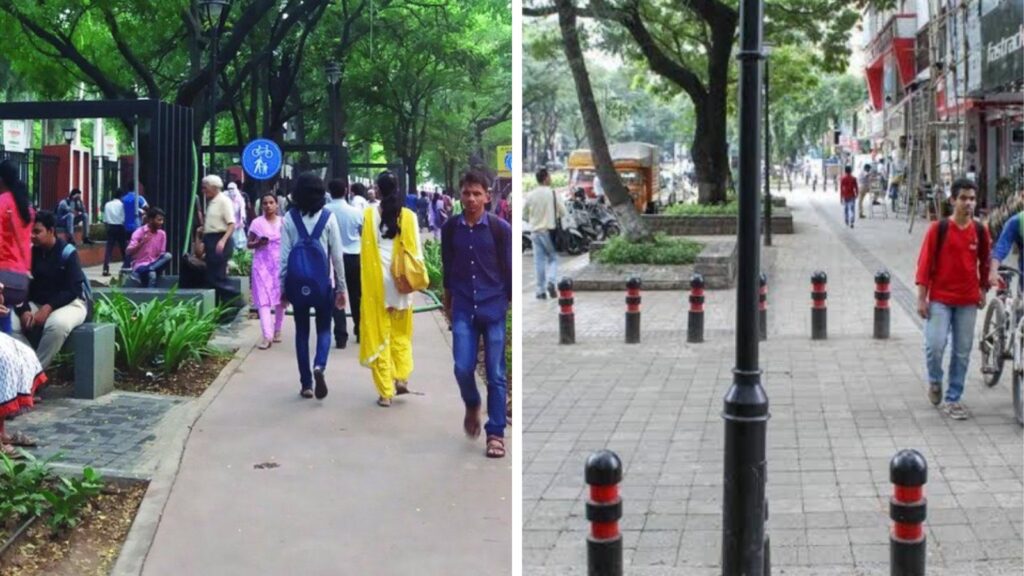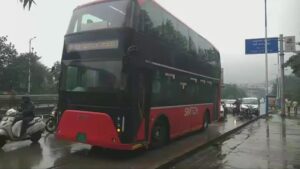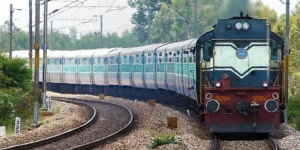Pune Experts Slam PMC’s Report Suggesting Narrowing Footpaths, Call It Misguided

Pune Experts Slam PMC's Report Suggesting Narrowing Footpaths, Call It Misguided
Pune, September 30, 2025: Civic activists and transport experts have strongly criticized a recent report by the Road Department on the causes of traffic congestion in Pune, calling it “unsustainable and harmful.” The report, published on September 25, attributed gridlocks to encroachments, wide footpaths, cycle tracks, potholes, and parking issues.
Civic activists have strongly criticized a recent report by the Road Department that analyzed the causes of persistent traffic congestion in Pune. Published on September 25, the report attributed gridlocks to encroachments, overly wide footpaths, cycle tracks, potholes, parking issues, and similar factors.
The activists argued that the study is flawed, outdated, and promotes misleading conclusions. They stressed that such a report diverts attention from the most significant causes of traffic congestion and undermines sustainable transport planning.
In light of these concerns, the activists demanded that the report be withdrawn immediately. The protest has been voiced by Harshad Abhyankar, Save Pune Traffic Movement, Pranjali Deshpande and Ranjit Gadgil, Parisar and Sanskruti Menon, Environmental Training Centre.
Critics argue that the study overlooks the most significant factor—rapidly rising private vehicle usage. They emphasized that three Comprehensive Mobility Plans (CMPs) for Pune, prepared in 2012 (PMC), 2018 (PMRDA), and 2025 (MahaMetro), have all recommended promoting walking, cycling, and public transport while discouraging private vehicles. These policies are aligned with national and state-level urban transport guidelines.
However, none of these CMPs have been implemented effectively. Instead, authorities continue to build flyovers and projects outside CMP recommendations. Experts stressed that narrowing footpaths or removing cycle tracks, as suggested in the report, contradicts PMC’s own Pedestrian Policy and Cycle Plan. Such measures, they warned, would push the city’s transport planning “two decades backward.”
They urged the administration to revisit the National Urban Transport Policy and prioritize sustainable, inclusive solutions instead of superficial fixes.










